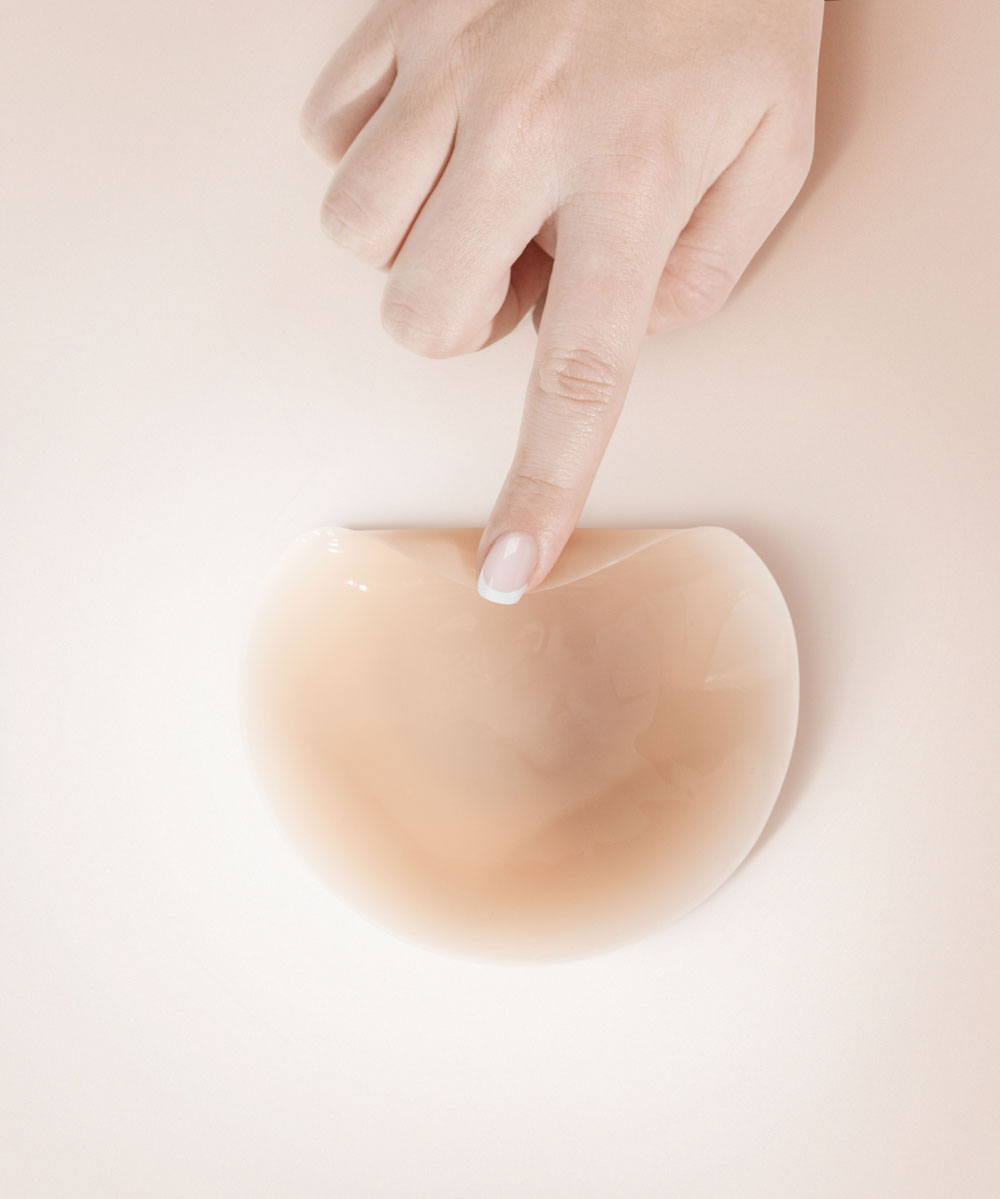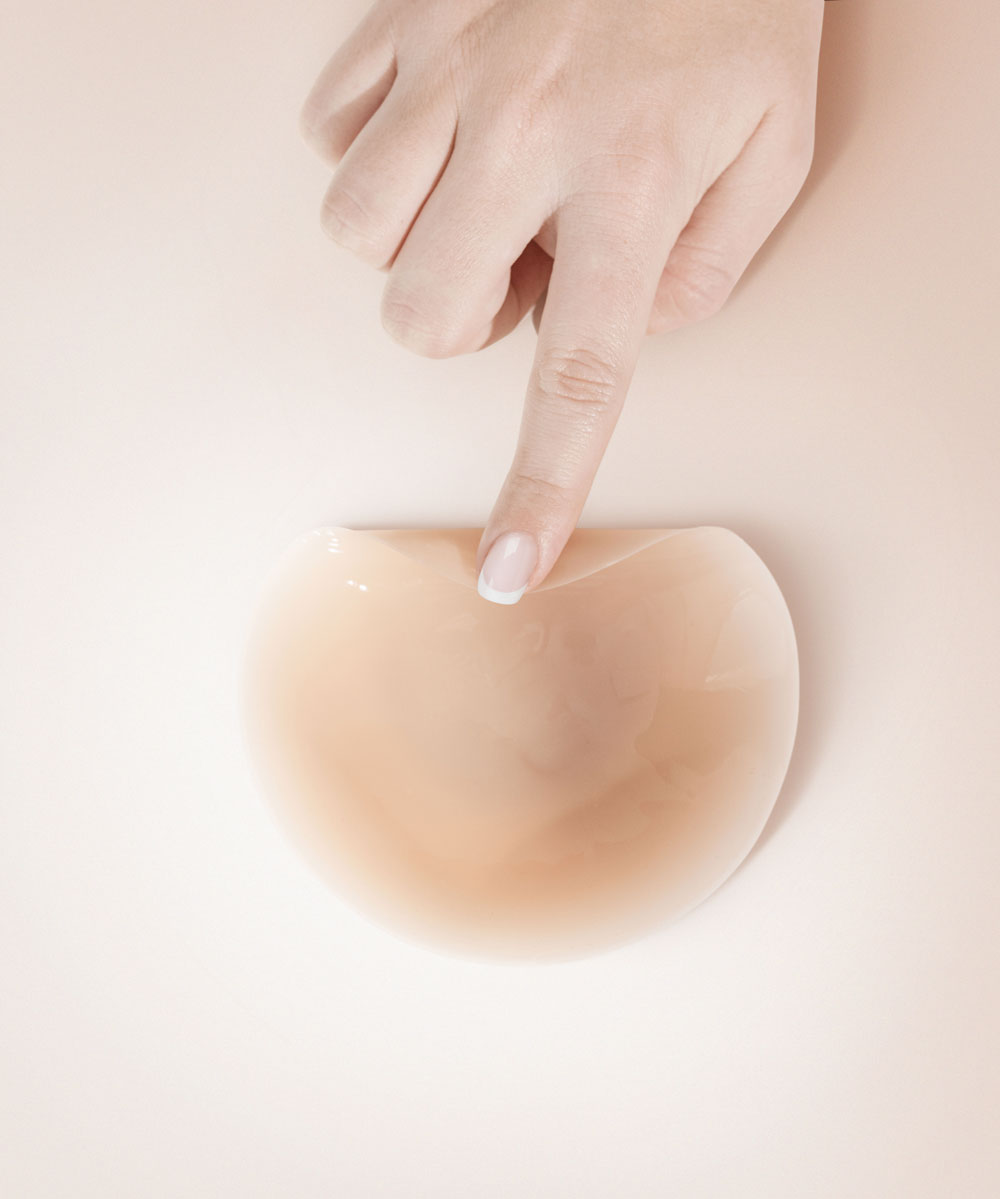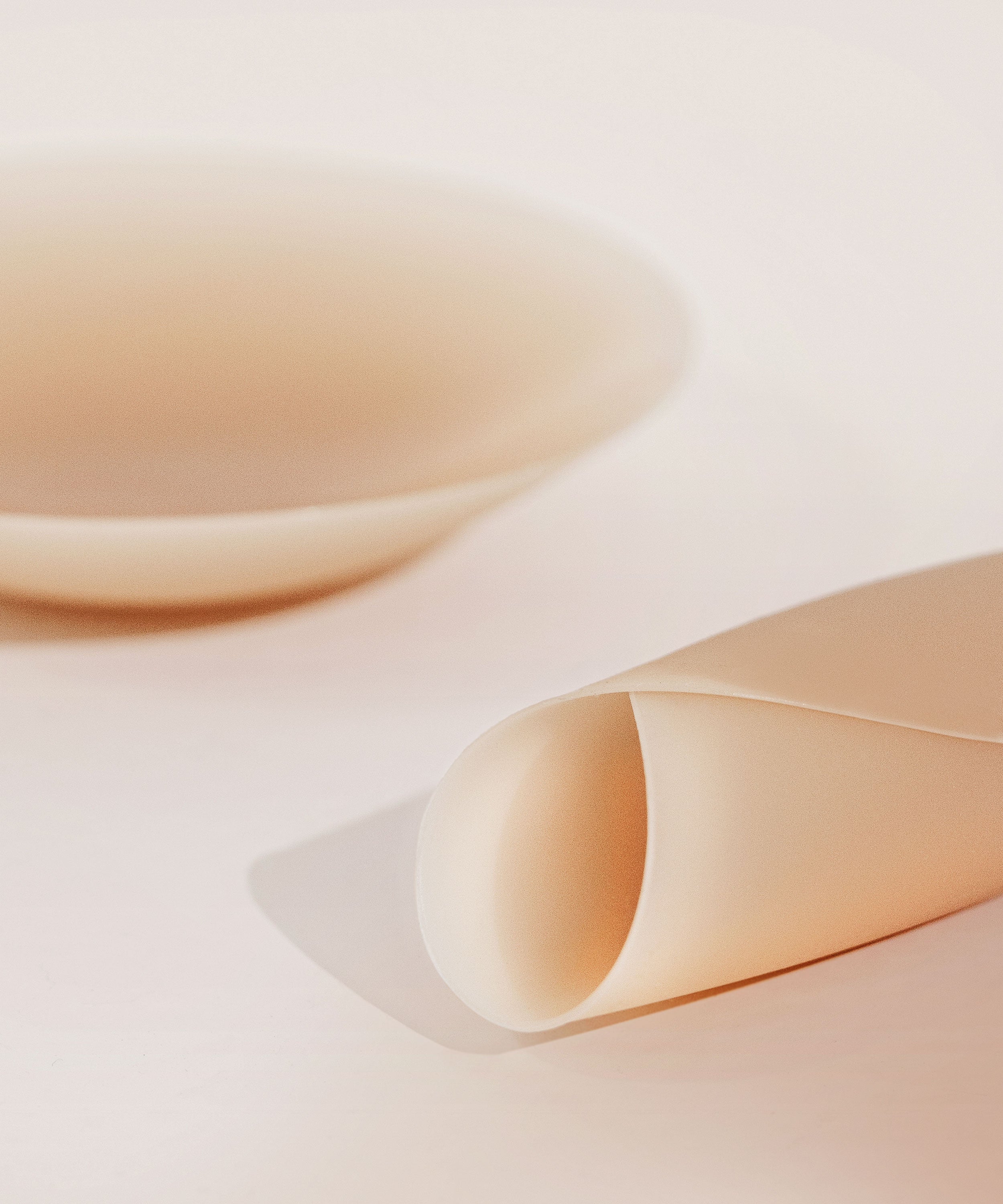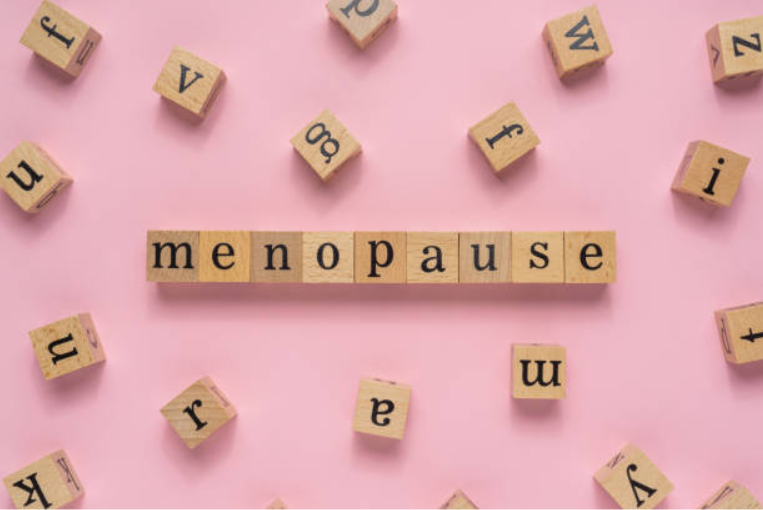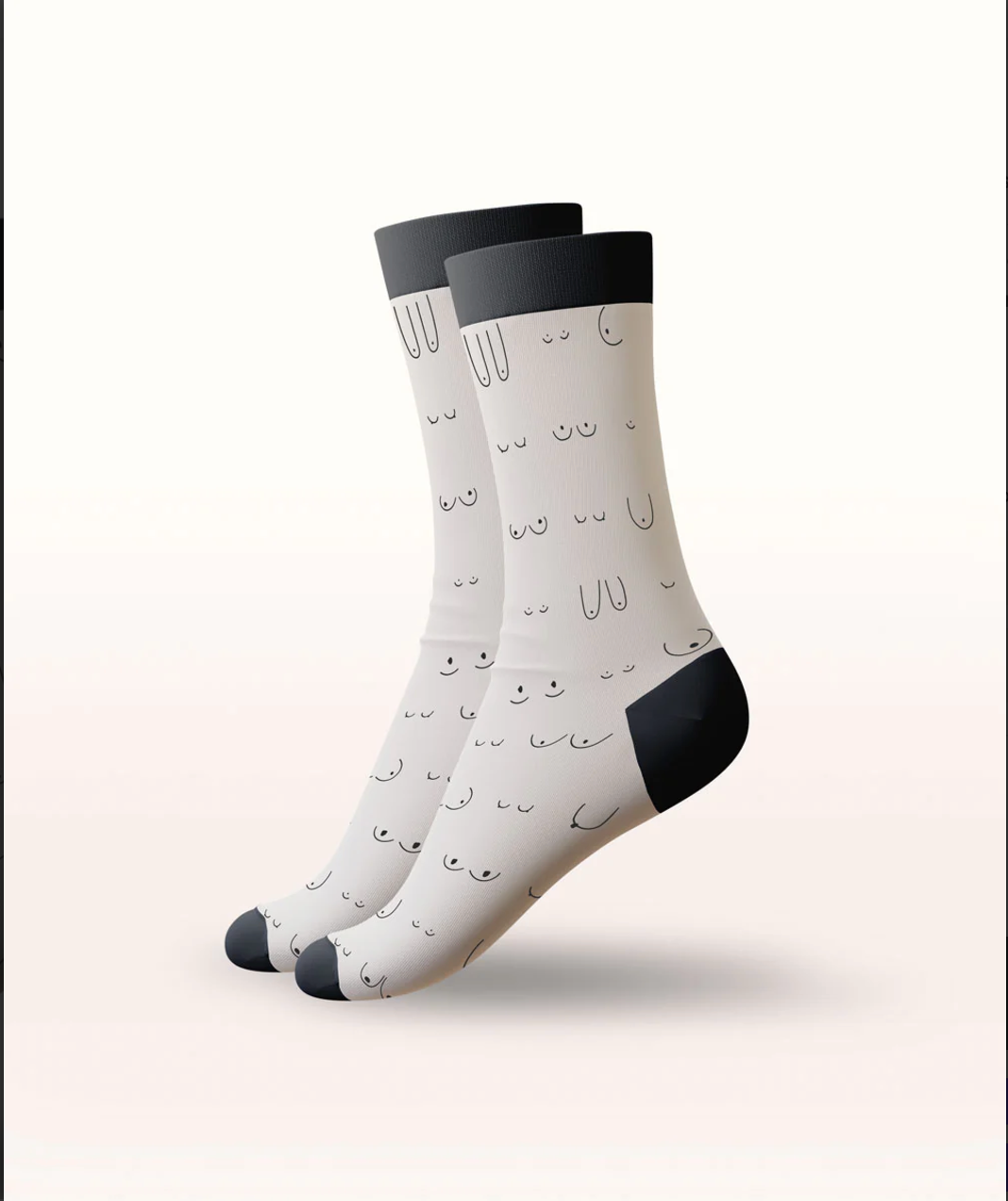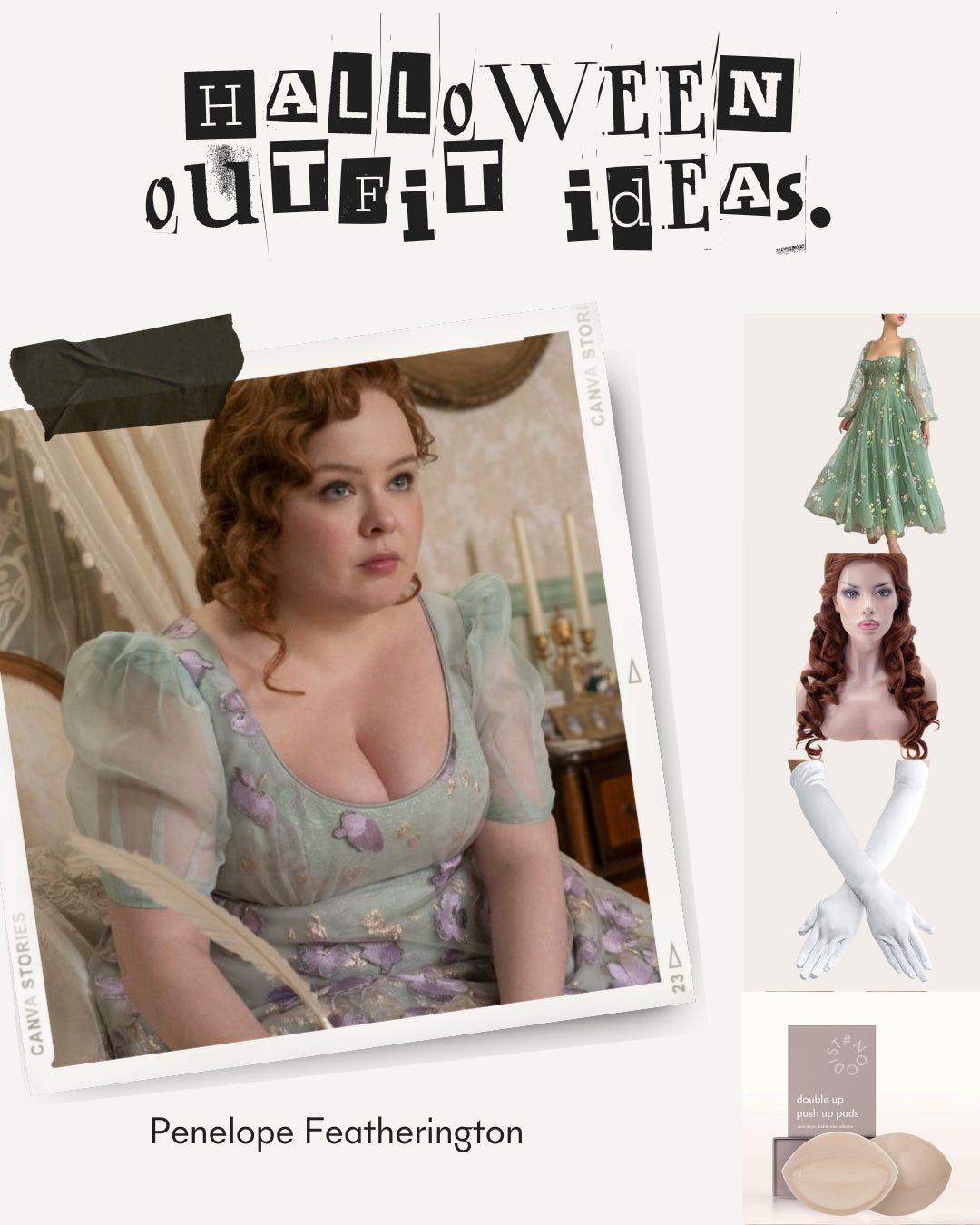Navigating Menopause: How the Change Affects Your Breasts
As women, our bodies undergo numerous changes throughout our lives, and one of the most significant transitions we will experience is menopause. This natural process brings about a multitude of symptoms, from hot flashes to mood swings, but one aspect that often goes unnoticed is the impact on our breasts. Whether you are approaching menopause or are already in the midst of it, arming yourself with knowledge about the intricate relationship between menopause and breast health is essential for maintaining your overall well-being. So, let's dive in and explore the fascinating world of menopause and its effects on our breasts.
Understanding Menopause
Menopause is a natural biological process that marks the end of a woman's reproductive years. It’s typically diagnosed after a woman has gone without a menstrual period for 12 consecutive months. However, the transition into menopause, known as perimenopause, can last several years and is characterized by hormonal fluctuations and various physical and emotional changes.
During menopause, the ovaries produce less estrogen and progesterone, leading to the halt of menstruation and fertility. These hormonal changes can have a significant impact on the body, including the breasts. It's important to note that every woman's experience with menopause is unique, and not all women will experience the same changes.
What Does That Mean For My Breasts?
These hormonal changes can have a significant impact on the body, including the breasts. As estrogen levels decline, breast tissue becomes less dense, and the overall size and shape of the breasts may change. Many women experience less overall firmness and fullness in their overall breast shape. These changes are common during menopause, but they can be alarming if not expected. Many women also experience breast tenderness, lumpiness, and pain. The nipples may become more sensitive, and the areolas may darken.
Sagging is also a common breast change during menopause, especially for women with a fuller bust size to begin with. This is because the ligaments and connective tissue that support the breasts become weaker, causing them to droop. While these changes can be distressing, they are typically a normal part of the menopausal process.
Coping With the Changes
Breast changes during menopause can be distressing, but there are several ways to cope with these changes. One of the most important things that women can do is to wear a well-fitting bra that provides support and comfort. Many women love sticky bras to help with a lift and comfort. We recommend checking out Nood’s Game Changer Lift and Shape Bra.
Staying physically active can also help manage breast changes during menopause. Regular exercise can help prevent weight gain, which can contribute to breast sagging. It can also improve overall health and reduce the risk of osteoporosis and heart disease.
Vitamins and natural remedies can also help manage breast symptoms during menopause. Some natural remedies that may help alleviate breast pain and tenderness include evening primrose oil, flaxseed, and vitamin E. However, it is essential to talk to a healthcare provider before using any natural remedies or supplements.
Tips For a Smooth Transition
Navigating menopause and breast changes can be challenging, but there are several tips that women can follow to help make the transition smoother. One of the most important things that can be done is practicing good self-care. This includes getting enough rest, eating a healthy diet, and staying physically active.
Breast self-examination is another essential part of managing breast changes during menopause. Women should perform breast self-exams regularly to check for any changes or abnormalities. If any changes are detected, it’s essential to talk to a healthcare provider immediately. Make sure to discuss any symptoms or concerns with your doctor to determine if any further evaluation is necessary. This may include mammography or other imaging tests.
Understanding what to expect and how to manage these changes can help women navigate this phase of life with confidence and ease. And remember, embrace the change!
By NOOD.

The NOODIST
